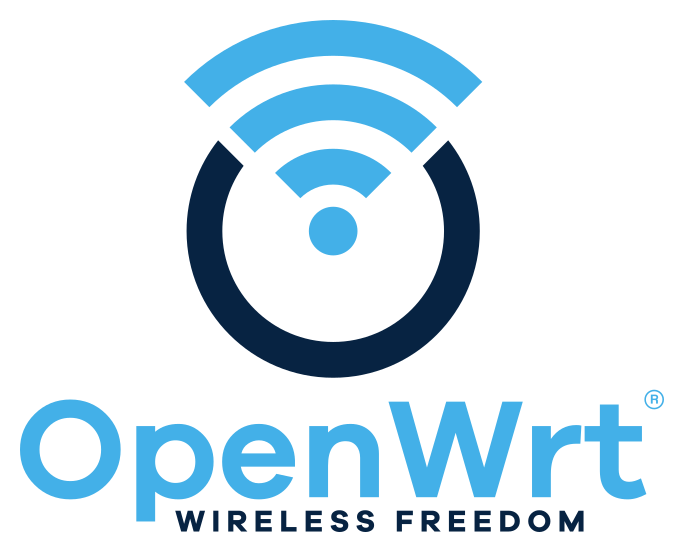Kyjiep
Regular Contributor
This is how it was with working AdGuardHome. Immediately after rebooting the router, I have about 460 MB of free memory, over time the amount of free memory decreases, in a week it is reduced to 250-300 MB. That's why I have the system auto-rebooted once a week. When I turned on DNSMASQ log and rebooted the router, the free memory began to jump a little around 420-450 MB, and I described all the other symptoms earlier.It is hard to say. I would need you to provide full memory specs. while you are in the thick of all of it for me to warrant the idea that it wasn't memory related. While there may be the presence of available memory, it does not necessarily mean there is enough for the initial launching of everything. AdGuardHome requires atleast 50mb of free ram. which typically is fine for our routers. However DNSMASQ log has been known to have buggy memory issues lately. Particularly around startup and spikes in memory usage.
take a look at this post:

Dnsmasq-full gets killed by out of memory on 21.02 (64 MB RAM)
Hi, I see dnsmasq causing OOM and getting killed at least once a day after upgrading to 21.02 from 19.07. Sometimes I see multiple OOM messages in a row (with the same timestamp) but different dnsmasq PID. My router is Asus N14U with MT7620/64 MB RAM/16 MB flash. I have dnsmasq-full which is...forum.openwrt.org
I don’t currently have AdGuardHome installed, but if necessary, I can install it again and experiment to provide you with the other necessary data.

